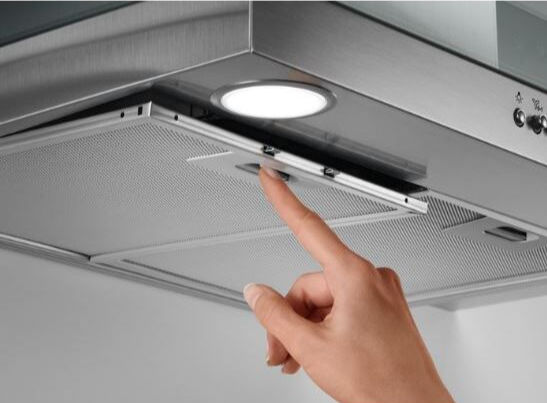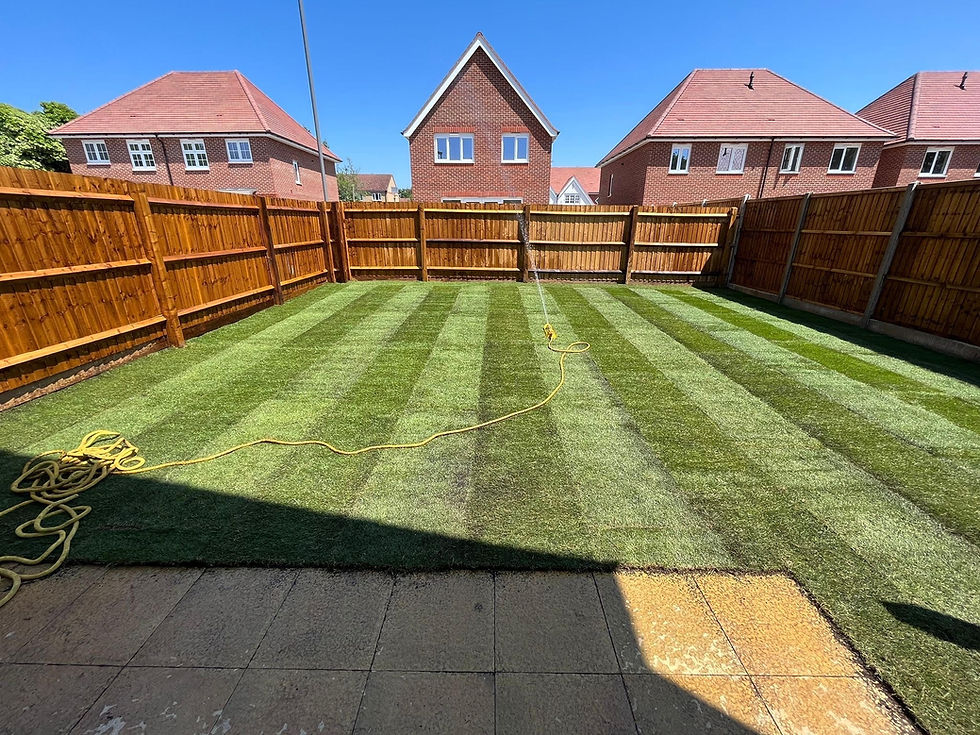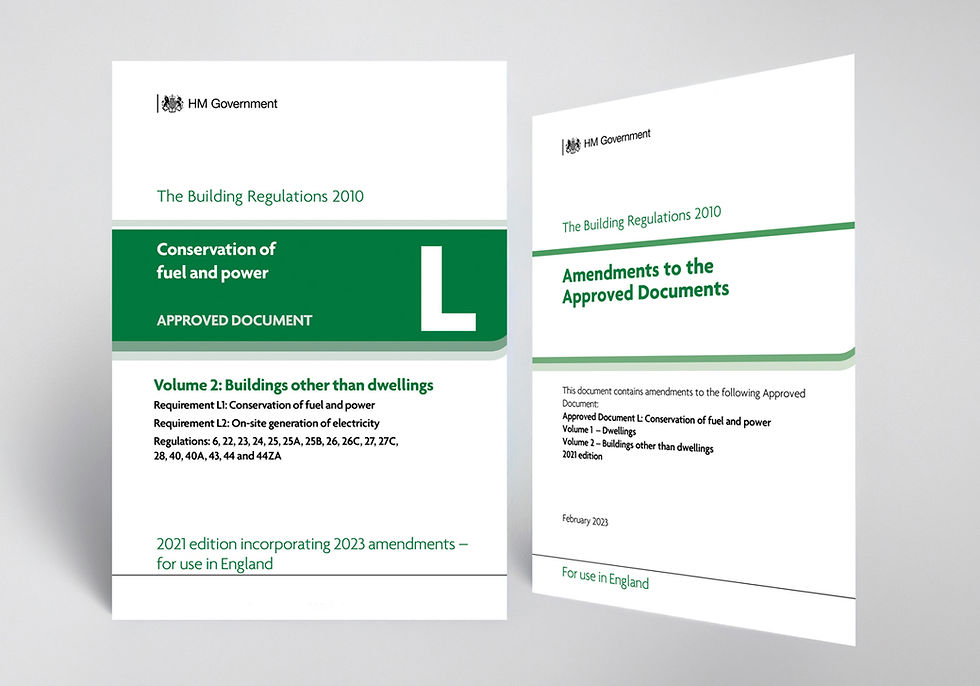Registering Appliance Warranties
- info1864854
- Apr 21
- 3 min read
Updated: May 4

When you move into a new build home, one of the important but often overlooked tasks is registering the warranties for the appliances installed in the property. From ovens and dishwashers to boilers and washing machines, many key household items come with manufacturer warranties that protect you against early faults and defects. Ensuring these warranties are properly registered can save you time, money, and hassle if issues arise.
Why Is Registering Warranties Important?
Activate warranty protection
Simply owning the appliance isn't always enough. In many cases, warranties need to be actively registered with the manufacturer to validate them. Without registration, you may not be able to claim free repairs, replacements, or servicing.
Extend warranty periods
Some manufacturers offer extended warranty periods if you register the appliance within a certain timeframe after purchase or installation. This could mean a standard one year warranty extends to two, three, or or even five additional years.
Proof of ownership
If you ever need to make a claim, having the appliance registered in your name provides clear proof of ownership, installation date, and warranty coverage, streamlining the support process.
Receive important safety updates
Manufacturers may issue product recalls or safety notifications. By registering, you ensure you will be contacted directly in the rare event of a serious defect.
Which Appliances Typically Need Registering?
In a new build property, you may need to register warranties for:
Cookers/ovens
Hobs (gas, electric, or induction)
Extractor fans
Refrigerators and freezers
Washing machines and dryers
Dishwashers
Built-in microwaves
Boilers and heating systems
Water softeners or filtration systems
It is also worth checking if systems like integrated ventilation or home security equipment require separate warranty registration.
How to Register Your New Build Appliances?
Find the documentation
Most new build homes provide a Homeowner Pack with manuals and warranty cards for all installed appliances. Check this pack first.
Locate serial numbers and QR codes
Registration usually requires the appliance's model and serial number. These can often be found inside doors, on side panels, or at the back of the unit. QR codes can also be found on stickers on appliances and scanned to commence the registration process.
Register online or by post
Most manufacturers offer online warranty registration on their websites. Some may also include a physical registration card that you can post.
Use third party registration services
Some developers or managing agents offer appliance warranty registration services as part of the handover process. Always double check that registrations have been properly completed.
Keep a record
After registering, save a copy of the confirmation email or letter. Keep all warranties together in a safe place along with your appliance manuals.
Tips for New Build Homeowners
Register quickly - Many manufacturers require registration within 30 to 90 days of installation.
Do not confuse the home warranty and appliance warranties - The new build home warranty (e.g. the NHBC Buildmark warranty) covers the structure, not individual appliances.
Watch for insurance upselling - Some manufacturers offer paid extended warranties beyond the free period. Evaluate carefully if these offer good value before purchasing.
Check for free services - Some appliances come with free servicing or safety checks as part of the warranty if you register.
In Summary
Registering your new build appliances is a small task that can offer major benefits if a fault developers. Protect your investment and your peace of mind by making sure all appliances are properly registered soon after moving in. It is another smart step toward settling comfortably into your new home.





